| Do you know the purity and quality of the essential oils you are buying? Did you know that essential oils that have been mishandled, distilled from poor crops, oxidised or even diluted with chemical solvents are not considered therapeutic. While the quality of essential oils vary widely depending on source, climate and extraction process, the oil is only as effective and beneficial as its ingredients. There are some absolutes and resins that must however be diluted with a base / carrier oil for dosage safety purposes. This will not change the efficiency of the essential oil. For example, rose absolute is always diluted (1% to 5%) with jojoba oil in skin care products, as it is extremely strong and expensive (remember, 700kg of rose petals makes 1kg of rose essence). |
1. NO GREASE FEELING ON THE SKIN
Pure essential oil gets absorbed within a minute when applied onto the skin. To test, rub a drop of essential oil between your thumb and index finger, if it leaves a greasy film behind, you know it has been mixed.
2. NO STAIN, DISAPPEAR ON A SHEET OF WHITE PAPER
100% pure essential oil are naturally volatile and will evaporate, leaving no greasy stain, no residue.
3. DOES NOT DISSOLVE IN WATER
Unless the essential oil has been produced cheaply for cosmetic purposes, pure essential oil will not float on top of water. The liquid in a plastic bottle you are buying for your air purifier is also mixed with chemicals. If you are running an aromatherapy bath, mix your essential oils with Epsom salt or a cup of milk and dispense gradually into running water.
4. NO STRANGE ODOUR
The essential oil that you've bought should not smell funky or alcoholic. Ethyl alcohol is very commonly used and often the reason why some of us get a headache with a whiff of fragrance (especially perfume). Essential oil that are diluted (knowingly and unknowingly) with base oil gone rancid will also produce an "off" smell.
5. FRAGRANCE OILS ARE NOT ESSENTIAL OILS
When shopping for essential oil, note that fragrance oil, aromatherapy oil, aroma essence and perfume oil are not pure essential oil. They are usually a combination of essential oils and chemicals or entirely chemicals. Be wary of essential oil sold in plastic or clear glass bottles.
Ultimately, it is important to use an essential oil that is pure, natural and wholesome. You should not have to play guinea pigs to unethical merchants. Avoid buying essential oils from businesses that do not provide the botanical Latin name (which in the case of lavender, will tell you which part of the plant the oil is distilled from), country of origin or method of extraction. Now that you are suitably informed, are you ready to put your essential oils to the test?

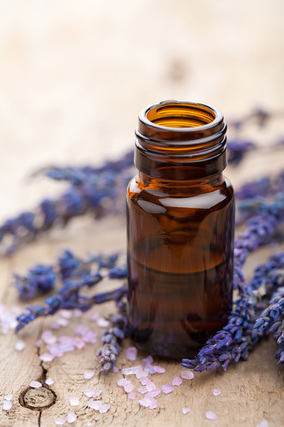
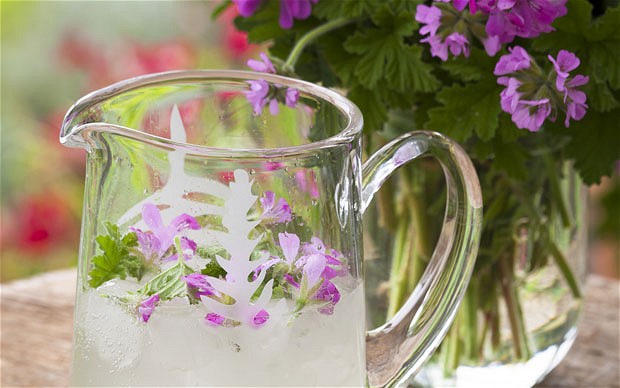
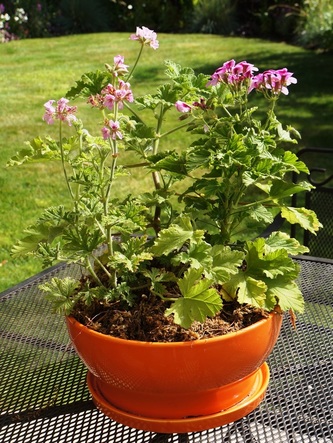
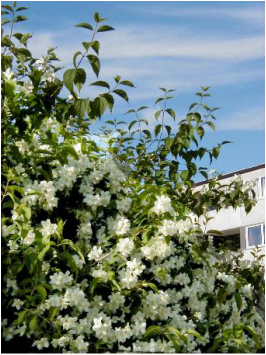
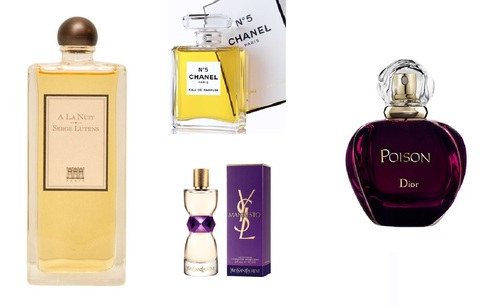
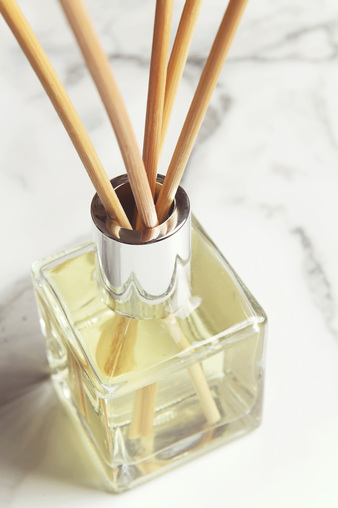
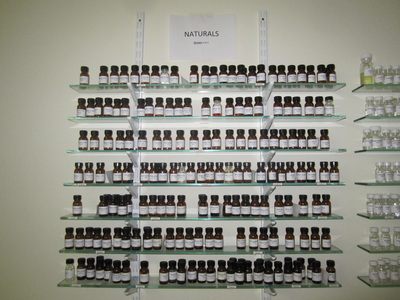
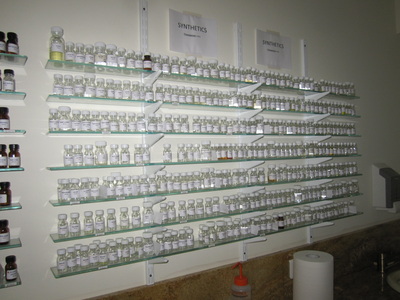
 RSS Feed
RSS Feed
